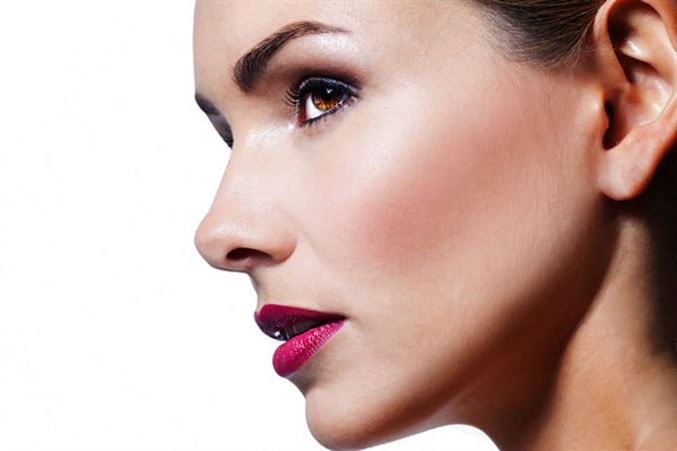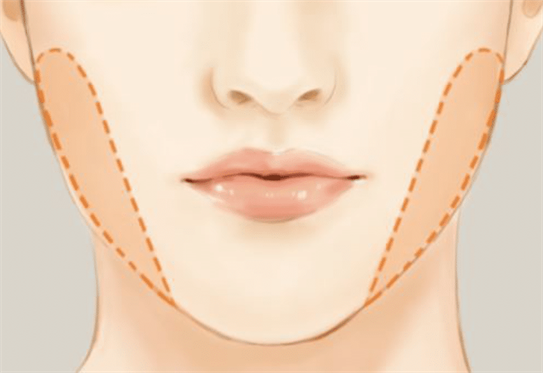Need Help?
Please Feel Free To Contact Us. We Will Get Back To You With 1-2 Business Days.
info@aakaraesthetics.com
9890844400
Buccal Fat Pad Reduction in Nashik
Buccal fat pad reduction in Nashik – Excess fat pad which is located under cheeks can give an impression of a person being overweight even if the person is not. It is called chubby cheeks or chip monk cheeks. For most of the people, buccal fat pads are a hereditary condition and exercise is of no use. People dealing with this condition can opt for a buccal fat pad reduction surgery.

This surgery is performed under local anesthesia and takes less than an hour. If more than one procedure is performed, general anesthesia may be used. An intraoral incision is made between cheeks and gums which is hidden. Only necessary fat is removed because as people age they lose fat from their faces.
Benefits
- Safe and effective
- Can be performed under local anesthesia
- Permanent results
- Enhance contours of upper and lower cheeks
- No visible marks

Who’s a good candidate for buccal fat removal?
You might be a good candidate for buccal fat removal if any of the following applies to you:
- You’re in good physical health.
- You’re at a healthy weight.
- You have a round, fuller face.
- You dislike the fullness of your cheeks.
- You have pseudoherniation (small rounded fat mass in the cheek due to weak buccal fat pad).
- You’re seeking facial feminization surgery.
- You have realistic expectations.
- You don’t smoke.
Buccal fat removal isn’t for everyone. It may not be recommended in the following scenarios:
- Your face is narrow. If your face is naturally thin, the surgery might cause sunken cheeks as you age.
- You have progressive hemifacial atrophy (Parry-Romberg syndrome). This rare disorder causes skin on one side of the face to shrink. It’s known to affect the buccal fat pad.
- You’re older. As you age, you naturally lose fat in your face. The procedure might emphasize jowls and other signs of facial aging.
A plastic surgeon is the best person to determine if you’re an ideal candidate.
What’s the procedure like?
Before the procedure
Before the procedure, you’ll talk to your plastic surgeon about your:
- expectations and goals
- medical conditions
- current medications, including vitamins and supplements
- alcohol, tobacco, and drug use
- drug allergies
- past surgeries
This information allows your plastic surgeon to decide the best surgical approach as well as determine possible risks and recovery outlook.
You might need to stop taking some medications or get blood tests before the procedure.
Your plastic surgeon will also analyze your face and take pictures to plan the surgery.
During the procedure
The procedure may be done in a hospital or in a doctor’s office. Here’s what it usually involves:
- If you’re only getting buccal fat removal, you’ll be given local anesthesia in your face. You won’t feel any pain, but you’ll be awake during the procedure.
- If you’re receiving more than one surgery, you might be given general anesthesia. In this case, you’ll need a ride to and from the surgeon’s office.
- Your surgeon will make an incision inside your cheek. They’ll place pressure on the outside of your cheek to further expose the buccal fat pad.
- Your surgeon will cut and remove the fat.
- They’ll close the wound with dissolvable stitches.
After the procedure
Before going home, you’ll be given a special mouthwash to prevent infection. Your provider will explain how to care for your incision.
You’ll need to eat a liquid diet for several days. You can then progress to soft foods before returning to your normal diet.
After the surgery, your face will be swollen and you may experience bruising. Both should diminish as you heal.
Full recovery usually takes about 3 weeks.
During recovery, follow your doctor’s directions for self-care and eating. Attend all of your followup appointments.
You can expect to see results in several months. It takes time for your cheeks to settle into their new shape.
How much does the procedure cost?
Buccal fat removal ranges between $2,000 and $5,000.
The procedure might cost more or less depending on factors like:
- the surgeon’s level of experience
- the type of anesthesia
- prescription medications
Since buccal fat removal is a cosmetic procedure, it’s not covered by health insurance. You’ll have to pay out of pocket.
Before getting the surgery, talk to your surgeon’s office about the total cost. Ask if they offer payment plans.
